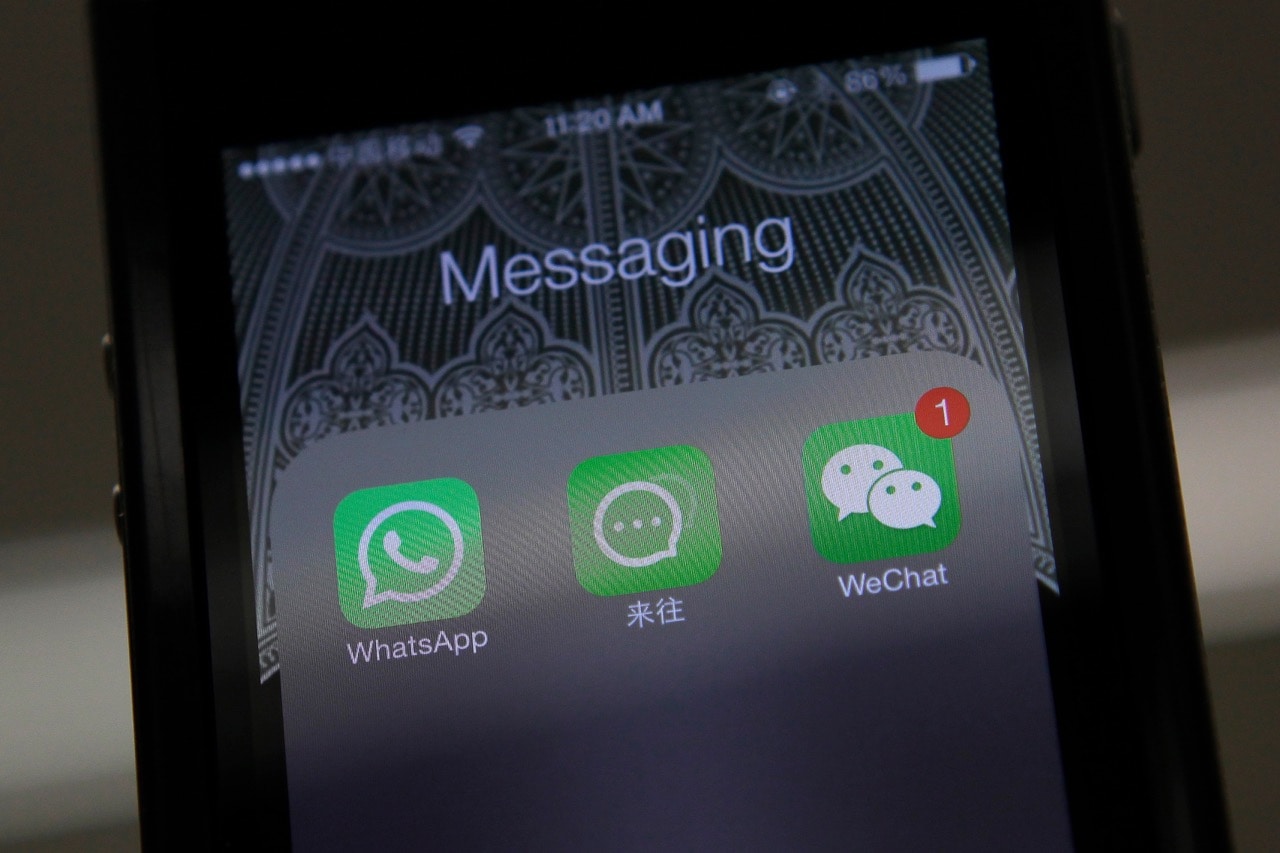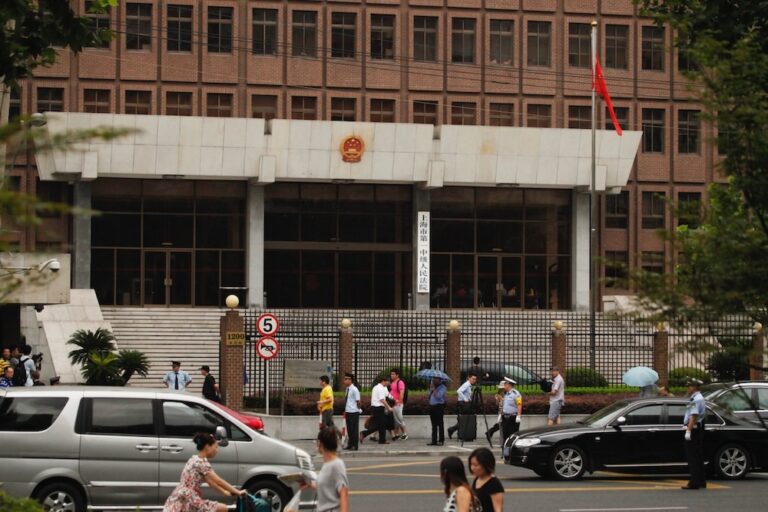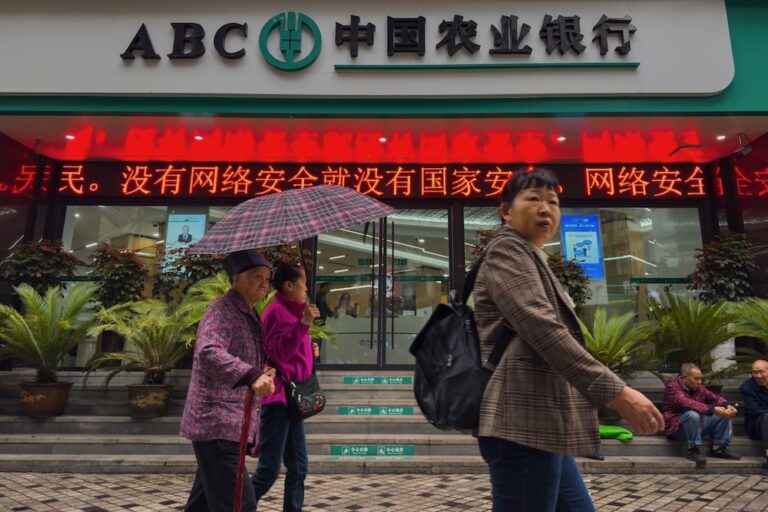Chinese censors leave no stone unturned as apps, human rights websites and critical scholars become increasingly targeted.
This statement was originally published on freedomhouse.org. It is an excerpt of the organisation’s China Media Bulletin, a monthly update on press freedom news and analysis related to China.
WhatsApp blocked again: Access to the popular encrypted messaging app was cut off in China on September 26. The South China Morning Post found that text service was back up the next day, but that users still could not send images or make voice calls. Neither WhatsApp nor its parent company, Facebook, responded to the paper’s requests for comment. WhatsApp was also blocked on July 18, but the latest incident suggests a new level of sophistication in censorship, with technology that can disrupt services offering end-to-end encryption. Telegram and Signal are already blocked, leaving Chinese users who want to protect their communications with no option other than virtual private networks (VPNs), access to which is also becoming increasingly difficult. Some suspect that the WhatsApp disruption is part of the central government’s heightened internet policing ahead of the 19th Party Congress on October 18, as well as an attempt to push users onto the Chinese firm Tencent’s ubiquitous – and closely monitored – messaging service WeChat.
Rights websites and reporters targeted: Several activists involved with reporting human rights abuses have been detained in the run-up to the 19th Party Congress. Zhen Jianghua, executive director of the advocacy platform Human Rights Campaign in China, was taken by police from his home on September 1 for allegedly “inciting subversion of state power.” He remains detained incommunicado. Civil Rights and People’s Livelihood Watch editor Ding Lingjie went missing toward the end of the month and is believed to be under arrest. Ding’s colleague Shi Yulin was placed under surveillance. In Yunnan Province, a Dali court upheld blogger Lu Yuyu’s four-year prison sentence for “picking quarrels and provoking troubles” after hearing Lu’s appeal. Meanwhile, reporters for the shuttered website 64 Tianwang have been targeted since the summer. Journalist Yang Xiuqiong was detained in June on suspicion of “revealing state secrets,” while Li Zhaoxiu, a volunteer for Tianwang, was seized on September 17 from the hospital where she was awaiting surgery.
Huang Qi, the website’s founder, has been in detention since last November, and his health has seriously declined in custody. Fearing that her son could soon die, Huang’s elderly mother posted a video, and later an open letter, calling on the government to release him. Huang’s lawyer was denied a visit with his client on September 5. In recent years, these activists’ websites and blogs emerged as important clearinghouses of difficult-to-obtain information on daily abuses and protests, offering updates to lawyers, human rights defenders, foreign journalists, diplomats, and other observers. The detentions leave notable gaps in available knowledge on tensions in Chinese society.
Academics under pressure: In response to a June inspection that found 14 universities across China “too weak in their political work,” several on the list of poor performers are now encouraging faculty and students to produce content in line with “core socialist values” for publication on news sites. According to a notice from Zhejiang University, articles, animations, or videos promoting “correct thinking” that are published by national- or provincial-level newspapers and widely shared will be given credit as academic publications. Under this policy, the politics of a faculty member will be “central” in performance evaluation. Professors who fail to fall in line are increasingly forced out of Chinese academia. Among the intellectual refugees is Qiao Mu, formerly at Beijing Foreign Studies University, who recently left with his daughter for the United States after years of determination to remain in China despite the difficult political environment. Responding to a Guardian piece on his departure, Qiao defended his change of heart, saying he had to leave to support his family. “To be forced out of your beloved homeland, your familiar culture, your cherished university, and to arrive at the age of 47 in a strange place – this is an anguish I can’t begin to describe.”



